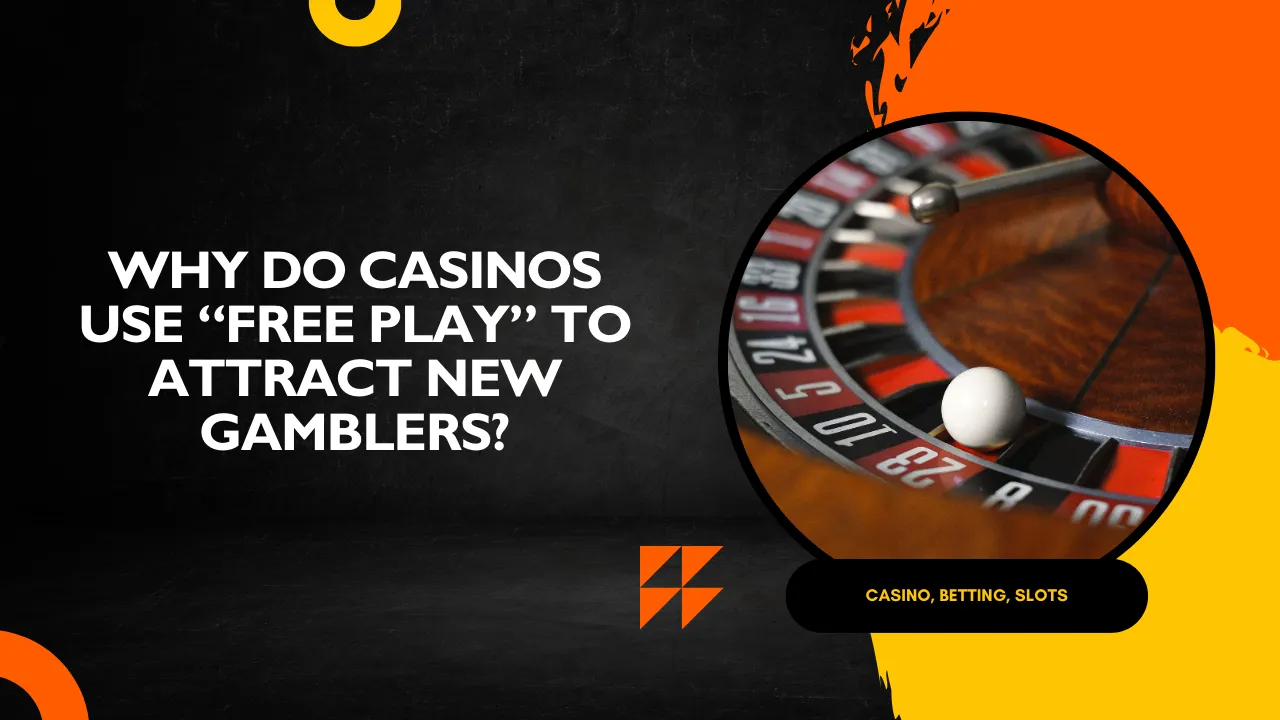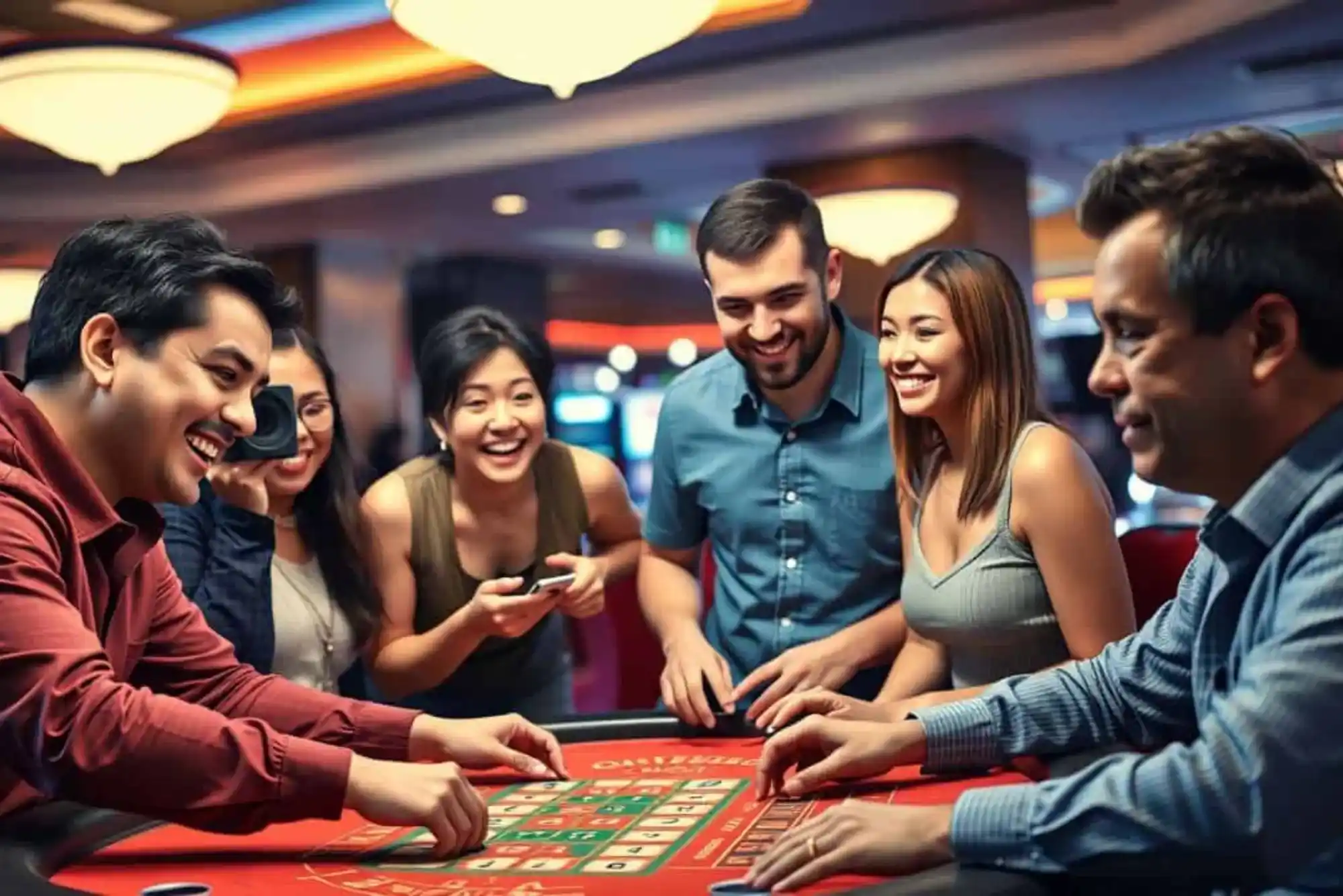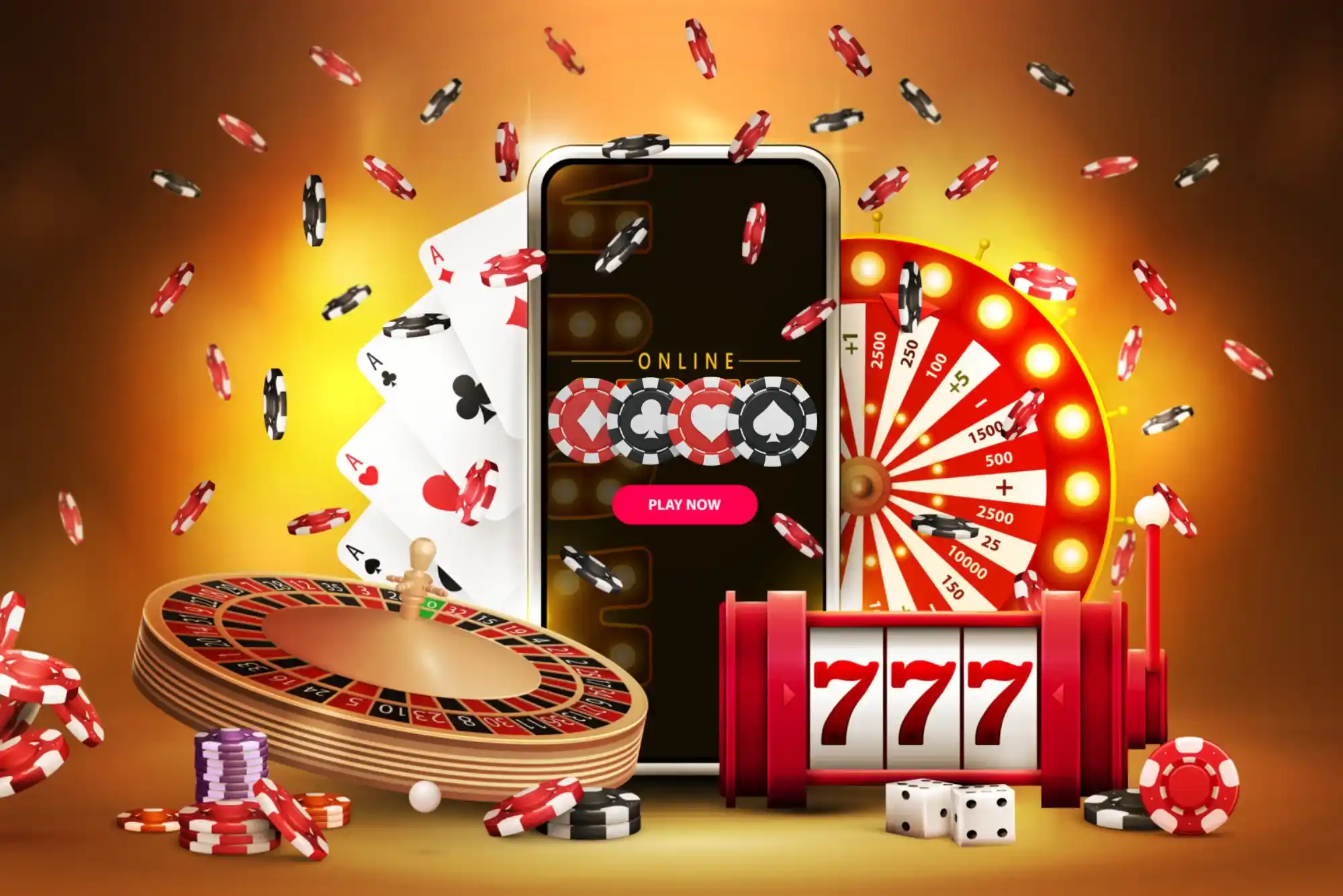Step onto any casino floor or browse through the latest online platforms, and one promotion almost always jumps out: free play. Whether it’s bonus chips, free spins, or credits to try out games, casinos are masters at leveraging this enticing tool to bring new players through the door. But why is free play so common, and why does it work so well at attracting fresh gamblers?
Having followed the gambling industry closely, both in land-based and online contexts, I’ve seen firsthand how free play shapes player behavior. Casinos don’t hand out complimentary credits out of generosity; there’s a deep psychology and a well-tested marketing strategy behind it. To understand this, let’s explore the mechanics of free play, its impact on gamblers, and why it has become a cornerstone of casino marketing.
Lowering the Barrier to Entry
For new players, the thought of walking into a casino or signing up on a platform can feel intimidating. Real money is on the line, and many people hesitate to risk their hard-earned cash on games they don’t yet fully understand. This hesitation is exactly what free play addresses.
By offering a no-cost way to try games, casinos lower the barrier to entry. A person who might never risk $50 on blackjack will happily test their luck when given free credits. This sense of safety — the chance to play without fear of losing money — encourages hesitant individuals to try out games, explore the environment, and get comfortable with the idea of gambling.
This is particularly important online, where competition among platforms is fierce. Promotions like free spins or bonus credits often determine where new players sign up. Many new betting sites lean heavily on free play promotions as part of their strategy to capture first-time users, and it works because it speaks directly to the psychology of risk and reward.
Building Familiarity and Confidence
Free play isn’t just about lowering risk; it’s also about building familiarity. Casino games often have rules, strategies, and nuances that aren’t immediately obvious to beginners. Slots, for example, might look simple, but they often come with multiple paylines, bonus rounds, and features that can confuse someone new.
Free play allows gamblers to practice without the anxiety of losing money. Over time, this practice builds confidence, making players more likely to transition into real-money wagering once they feel ready. Casinos know that a confident player is far more likely to stick around and spend money than someone who feels unsure or overwhelmed.
From a personal standpoint, I’ve seen friends who initially treated free play as “just a bit of fun” eventually make the leap into real gambling after they mastered the mechanics of their favorite games. It’s a natural progression, and casinos design their promotions to encourage exactly that.
Triggering the “Near Win” Effect
There’s also a psychological trick at work in free play promotions. Even when no real money is on the line, the excitement of hitting a near win — or even a big virtual jackpot — activates the same dopamine pathways as actual gambling. Players feel the thrill, and that thrill can be highly addictive.
Casinos understand that once a player experiences the rush of winning, even in free play, they’ll often be motivated to chase that feeling again with real stakes. It’s a carefully designed loop: the house gives players a taste of the excitement in a risk-free environment, then capitalizes on the natural human desire to replicate that feeling.
Extending Time on Site
From a business perspective, one of the most valuable outcomes of free play is increased time spent in the casino environment. Whether on the floor of a physical venue or within an online platform, the longer a person stays, the more likely they are to spend money.
Free play extends this engagement. A new player who might have left quickly now lingers, trying out games with complimentary credits. Even if they don’t gamble with their own funds immediately, they’re building a habit of engagement. Over time, this habit often translates into real-money deposits or wagers.
Online casinos in particular rely on this principle. Free play promotions keep users clicking, exploring, and returning to the site. Each additional minute spent on the platform strengthens brand familiarity and loyalty, nudging players closer to becoming paying customers.
Encouraging Exploration Across Games
Casinos are filled with hundreds of different games, each designed to appeal to different personalities. Without free play, many new gamblers would stick to the games they already know — perhaps blackjack or roulette — and ignore the wider variety.
Free play promotions encourage exploration. A player might try out slots they’ve never touched before or sample a digital poker room for the first time. This exposure is highly valuable to casinos because it spreads player activity across multiple areas, maximizing the chances of long-term engagement.
The strategy also introduces gamblers to games with higher house edges or profit margins for the casino, which increases overall revenue potential. What looks like generosity — offering free chips — is actually a carefully calculated way to guide players toward new gaming experiences.
Creating a Sense of Reciprocity
Free play also taps into the principle of reciprocity in human psychology. When someone receives something for free, they often feel an unconscious desire to give something back. In the casino context, this can mean making a deposit, placing a bet, or simply staying longer than intended.
I’ve experienced this myself when trying out an online casino. After being given free spins, it felt natural to deposit a small amount to continue playing. Casinos rely on this subtle social pressure, knowing that many players will repay the favor by spending money later.
Balancing Free Play with Responsible Gambling
While free play is an effective marketing tool, it does raise concerns about responsible gambling. Critics argue that it can create misleading expectations by making games seem easier or more rewarding than they are in real-money contexts. For example, some free play demos offer higher win frequencies to hook new players.
To counter this, many jurisdictions now require casinos to present free play in a way that accurately reflects real-money odds. In addition, operators are increasingly incorporating responsible gambling tools — like deposit limits, self-exclusion, and educational messages — into their platforms to ensure that the transition from free play to real betting remains healthy and controlled.
The Future of Free Play Promotions
As competition intensifies among online platforms, free play is likely to evolve further. We’re already seeing innovations like free spins tied to specific new game releases, no-deposit bonuses that allow real-money wins, and loyalty systems that reward free play with tangible perks.
With the growth of mobile gaming and global digital access, free play is becoming more than just an entry-level promotion — it’s part of a larger strategy to create immersive, long-term player journeys. The line between free play and real gambling is blurring, and casinos will continue refining how they use this powerful tool to attract and retain customers.
Conclusion
Casinos use free play because it works — plain and simple. It lowers barriers for beginners, builds confidence, provides a taste of the thrill, and keeps players engaged long enough to develop habits that often lead to real-money spending. While the practice can spark debates about responsible gambling, the truth is that free play remains one of the most effective marketing strategies in the gaming industry.
For new gamblers, free play offers a safe, low-risk way to explore games and environments. For casinos, it’s an investment that almost always pays off in customer acquisition and long-term loyalty.








